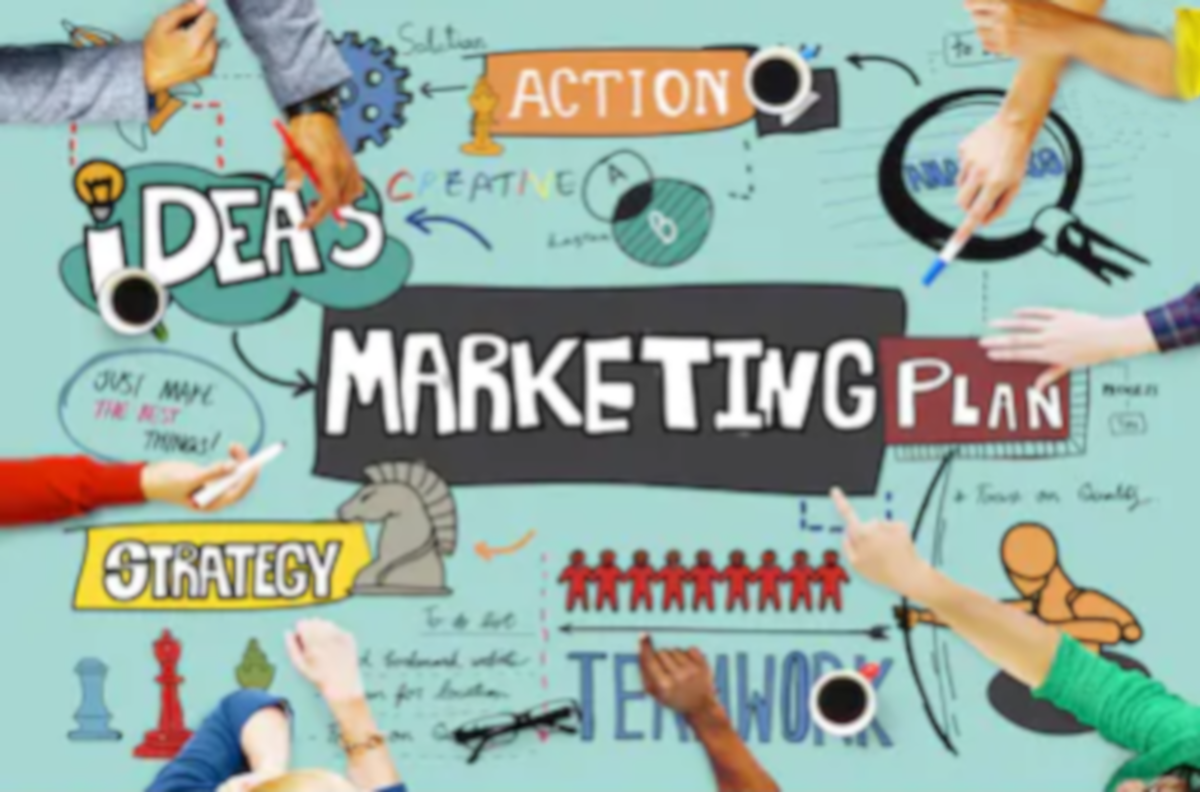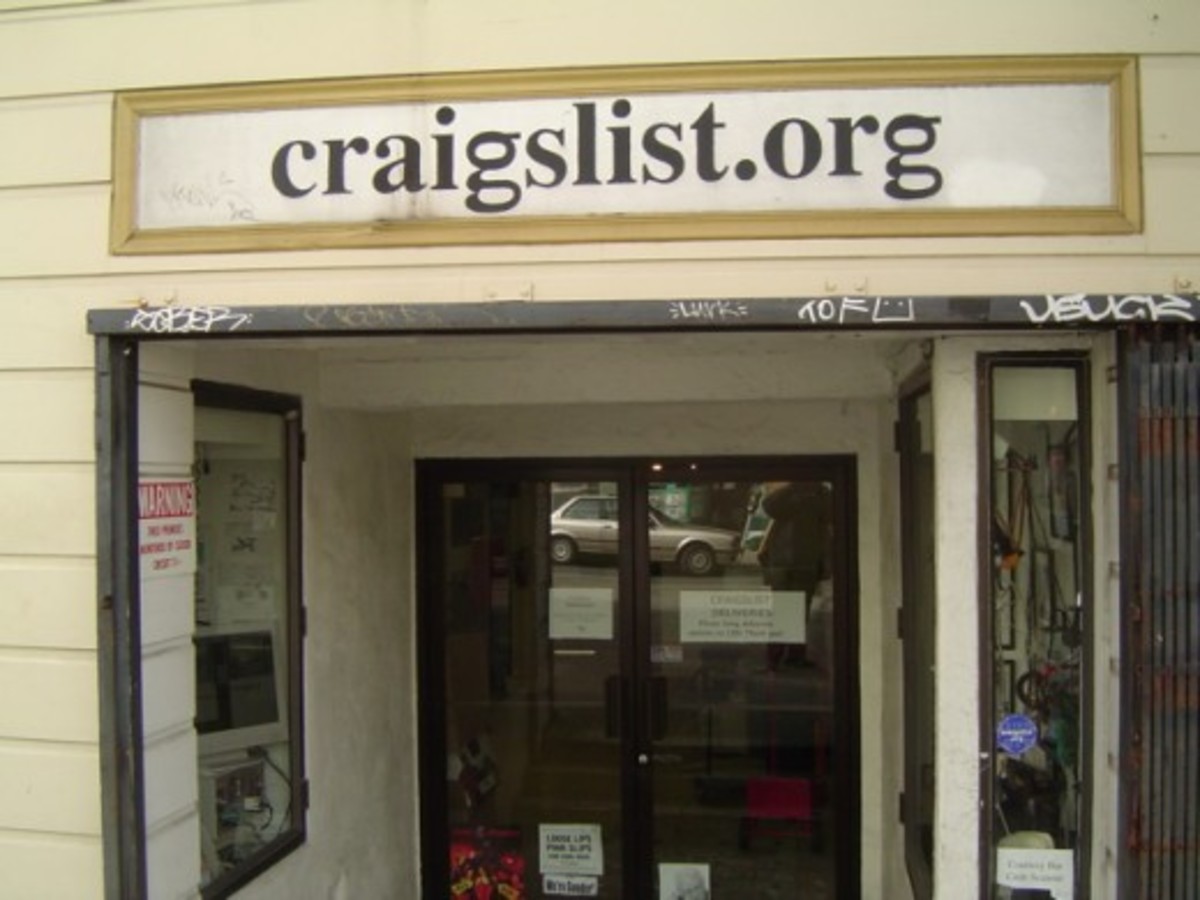- HubPages»
- Business and Employment»
- Marketing & Sales»
- Sales & Selling
Selling Tangibles Vs. Selling Intangibles - How to Sell Products or Services

The proverbial question of which is harder to sell
I have been asked about the proverbial battle between the tangibles and intangibles. There is always a stir when people who sell intangibles say that people selling tangible products have it easy. Of course at the other corner are those who take offense. Recently, one sales person bluntly asked me if it is easier to sell tangle products over intangibles.
Before we go digging into this issue, allow me to explain what the person meant. Tangible products are commodities that the client can see, hold, manipulate and practically inspect. These can be anywhere from a mobile phone to a huge 100-storey building. The important factor here is that the client can inspect it prior to buying it. On the other hand, intangibles are those that the client can’t actually hold and inspect. These are usually insurances, bonds, pre-need products and the like. The question simply asks which is easier to sell – tangibles or intangibles.
The question may seem simple but it can stroke a lot of egos or step on them. The question has always been at the back of the minds of sales professionals. It’s a question many sales trainers and sales experts would rather not go into. Well, call me insane or simply stupid, but I’ll get my feet wet on this and hope that I don’t get drenched afterwards.
I’m fortunate enough to have experienced selling both types of products in the past. I had the experience in selling insurance and pre-need products as well as a number of tangible commodities. I can bluntly say that both are difficult to sell if you don’t know what you are doing. Moreover, it’s a breeze to get a client to say yes when you do it right. The answer may seem to be a safe one, but in essence, it’s not the product that really matters. Ultimately, what matters is how you sell it and to whom you sell the product.
Let’s talk about the selling style
More often than not, comments like it is easier to sell one from the other come from people who shifted from one product type to another. If a person uses the same strategies for both types then the comment makes a lot of sense. Though the selling cycle will remain the same for both products, the techniques and tactics employed must differ. Suffice to say, the wrong sales technique will make it difficult to sell what ever you are offering.
Tangible products can work well with demos and free trials. However, this may not be as effective (and cost effective for companies) as many intangibles rely on long-term or future circumstances for it to be fully appreciated. Presenting historical data can be a good way to push for an insurance product but may not be a strong strategy for high moving commodities as new versions come out quickly. Using testimonials on the other hand can work for both of these product types.
This is just a snippet of how the type of product can influence the style to be used. Suffice to say, strategize well before you embark on a new strategy. Though it may be great for one product, it may be counterproductive for another.
Learning from the Animal Planet
Predators choose their prey wisely. A lioness is small compared to a huge wildebeest. But with enough planning and a lot of choosing, she can easily catch a meal. She scouts first and studies the behavior of the whole group of potential dinner. But she does not simply run after the first one that comes along. She finds one that is worth the chase. This is the same in sales. You don’t simply waste your effort on every person that comes along. For new sales people, getting a new prospect is exciting. But this does not mean that person is qualified.
An important factor which makes selling easy or hard is the person you are selling to. Generally speaking, if you qualify clients properly, you can narrow down your prospect list and get higher potential sales closings. On the other hand, if you simply do a hit and miss strategy, then more likely you will miss.
Qualify your clients properly. This is an essential step that many sales professionals forget.
Now let’s go back to the fundamental question: Which is easier to sell, tangible or intangible products? When you consider everything that is required in selling – from the basic philosophies to the strategies you employ, it boils down to your preference. Are you better in selling tangibles or selling intangibles? Or are you one of those fortunate souls who can easily sell both?








